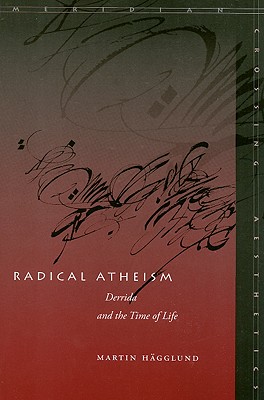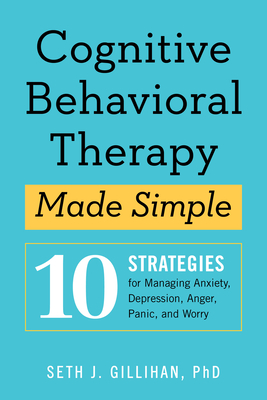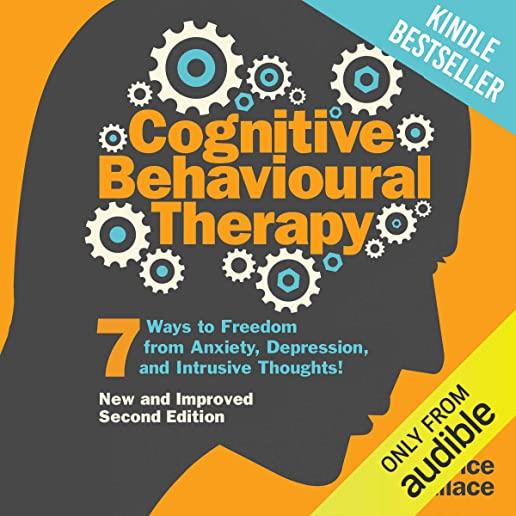
Radical Atheism presents a profound new reading of the influential French philosopher Jacques Derrida. Against the prevalent notion that there was an ethical or religious "turn" in Derrida's thinking, H gglund argues that a radical atheism informs Derrida's work from beginning to end. Proceeding from Derrida's insight into the constitution of time, H gglund demonstrates how Derrida rethinks the condition of identity, ethics, religion, and political emancipation in accordance with the logic of radical atheism. H gglund challenges other major interpreters of Derrida's work and offers a compelling account of Derrida's thinking on life and death, good and evil, self and other. Furthermore, H gglund does not only explicate Derrida's position but also develops his arguments, fortifies his logic, and pursues its implications. The result is a groundbreaking deconstruction of the perennial philosophical themes of time and desire as well as pressing contemporary issues of sovereignty and democracy.







